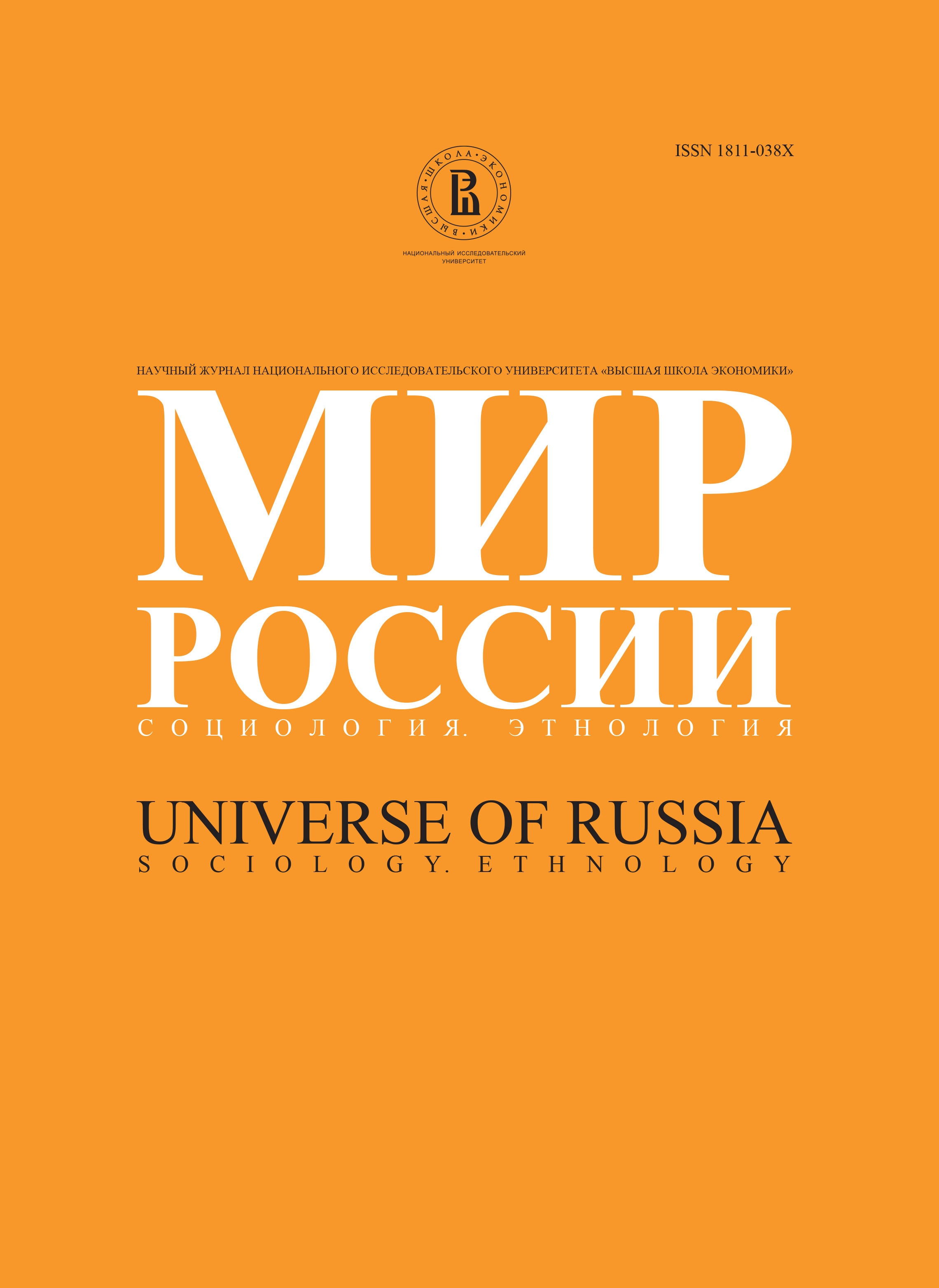Democracy in Russia is impossible without social policy
Abstract
During the first 5 years of market reforms in Russia the Government didn't pay much attention to the social problems of the country. Only by the beginning of 1997 the program for the reforms in social sector had been outworked.Meanwhile the population of Russia tried to cope with the new economic rules, but the majority of people made little success. The ratio of per capita income of the reach and the poor is very high, especially if we take into account the untaxable incomes of reach people. The middle class in Russia has not been formed yet, and that's why we can mention the absence of public opinion support to the market economy.
The Government of RF tries to overcome financial problems at social price. The attempts to rise pension ages is probably the best example of the possible decisions of the adopted economic course. If those ages will be rised only by a year in the coming 3 years (1997 - 1999) then in 2000 the consolidated state budget will receive the financial bonus of at least 5000 bln.rbl. But in that case the total decrease of incomes of the abolished group of pensioniers occurs, and it will probably exceed 4400 bln.rbl.
The aim of such decisions is to reduce the obligatory social transfers guaranteed by the state. In the context of economic decline the rising of pension ages gives additional and strong arguments against market reforms and strengthens its opponents, who speaks in terms of social justice.
But there exist definite ways to reduce the social expenditures of the state which don't have negative impact on the low-income groups. Their possibility can be clearly seen in relation to the so called extrabudgetary funds, including in the first place the Fund for Social Insurance (FSI) and the State Employment Fund (SEF).
The exception of non-obligatory expenditures from the FSI (payments for social insurance vouchers to the rest-homes and sanatoriums, etc) or introduction the principles of targeted social protections as an attribute of some kinds of social payments will reduce the expenditures of the consolidated state budget to the same or even higher extent. Moreover the taxes payed by the employers to the FSI can be reduced in that case by at least 1 p.p as compared to the nowadays situation. The same is true to the SEF the nonobligatory expenditures of which reached in 1996 as much as almost 20% of its budget.
Obviously the problems of modern social policy in Russia are not exceptionally the budgeting problems. We need the concept of social management in Russia, which had been proclaimed by the Constitution of RF as social state.
A new personnel incomes tax system must be introduced in Russia. During the transition period there is an urgent need for tax mechanism, allowing the redistribution of incomes of the high-income groupes in order to protect the poor, especcially those whose poverty is the inevitable social price for the reforms. The adoption of such system is possible only by the Government which has strong political will.
The steps are to be taken in Russia in order to form the middle class. One of them - is the tax amnesty to make legal those incomes of non-criminal origin which had been obtained in the untaxable sector of economy during the first years of the reform.
Russia suffers from the absence of independent social expertise being conducted now mainly by mass media. That is one of the principal reasons of the abolishing by the Government of a number of its previously adopted decisions.
The nowadays situation in Russia shows that if we leave the social situation to go as it goes, the risk of the neo-communist restoration or abolishing the democracy becomes the reality by the future President's elections.






